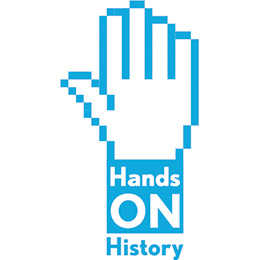In this presentation, I will talk about the work I have been doing for my new book about the transnational history of the American children’s television program Sesame Street. I will discuss how I collected the material I have used, how I selected it, and what the methodological implications are of using many different archives and digital repositories.
In the book, I draw upon materials collected from nine ‘analogue’ archives located in seven different countries (Italy, Germany, Denmark, Norway, Sweden, Britain and the United States). These archives are extremely different. They are all organized after different principles and what they contain of interest to me has varied from a few binders to hundreds of boxes. Some archives contain both published, unpublished as well as audio-visual material, others not. Some had huge restrictions on the use of their collections, others were completely open. But how to justify a comparison of such a varied material, and how to combine it into one narrative? These are pertinent questions, especially considering that I have also been able to draw upon a wide range of digital archives and repositories from the NYT’s TimesMachine to YouTube and the infamous Muppet Wiki. Taking a hands-on approach as the starting point, I will talk about the many practical and methodological challenges I have encountered when writing transnational history about a contemporary and (still) very popular media phenomenon.

Helle Strandgaard Jensen is Associate Professor of contemporary cultural history at Department of History and Classical Studies, Aarhus University, Denmark. She is also the co-director of the Center for Digital History Aarhus (CEDHAR). Her work focuses on media and childhood in Scandinavia, Western Europe and the US after 1945. She combines historical methods with theoretical approaches from cultural studies and media studies. One part of Jensen's research has media as the historical object of study. The other looks at how digital media influence the discipline of history. She currently works on two projects. One is funded by the Danish Research Council and the European Commissions’ Marie Curie actions and focuses on the transnational history of the American children’s programme Sesame Street during the 1970s. A second micro-grant funded project uses digital methods to investigate the memory of Sesame Street on Twitter as an interplay shaped by users’ contributions and the platform’s technical design.
When?

Wednesday, 26 May 2021, from 14.00 to 15.00
Where?
Online - Webex.
If you want to participate, please send an e-mail to vanessa.napolitano@uni.lu to receive the link.


